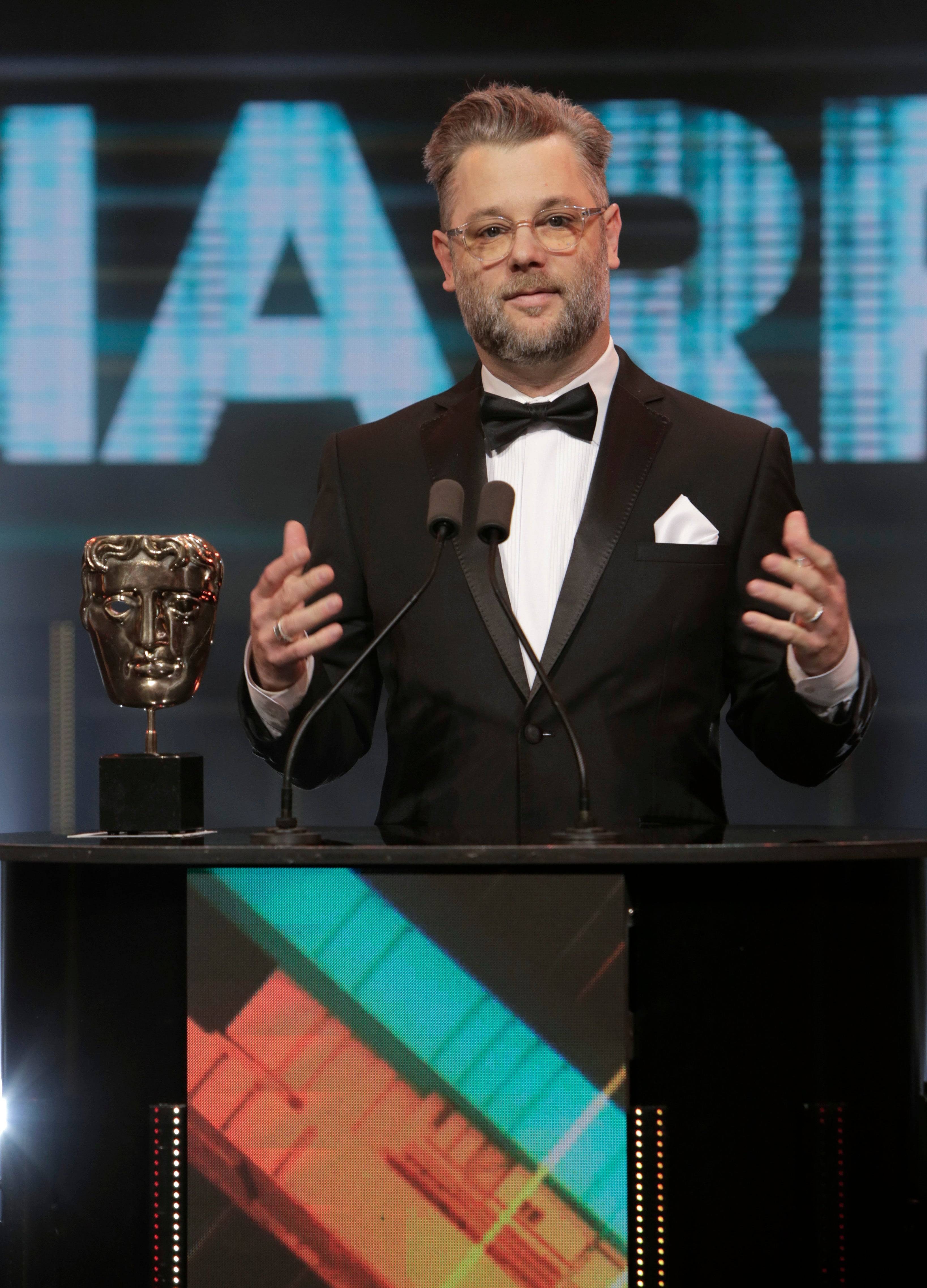At the DICE Summit in Las Vegas, Naughty Dog's Neil Druckmann and Sony Santa Monica's Cory Barlog discussed the pervasive theme of doubt in game development. Their hour-long conversation covered self-doubt, recognizing successful ideas, and approaching character development across multiple games.
Druckmann surprisingly revealed he doesn't plan sequels beforehand. He focuses intensely on the current project, treating each game as a standalone. Any sequel ideas are spontaneous, not pre-planned elements. For example, when developing The Last of Us Part II, he approached it as if it might be his last. He doesn't save ideas for future installments; instead, he strives to incorporate them into the current game. His approach to sequels involves revisiting unresolved elements and exploring new character directions. If he finds no compelling path forward, he considers concluding a character's arc. He cites the Uncharted series as an example, where each sequel's direction emerged organically from the previous game's conclusion.
 Neil Druckmann. Image credit: Jon Kopaloff/Variety via Getty Images
Neil Druckmann. Image credit: Jon Kopaloff/Variety via Getty Images
Barlog, conversely, employs a meticulously planned, interconnected approach, often linking current projects to ideas conceived years prior. He acknowledges this method's intense stress and potential for conflict due to evolving team dynamics and perspectives over time. Druckmann admitted he lacks the confidence to adopt this long-term strategy, preferring to concentrate on immediate tasks.
The discussion broadened to encompass the emotional toll of game development. Druckmann shared an anecdote about Pedro Pascal, highlighting the profound passion driving their work despite immense pressure and negativity. He emphasized his enduring love for game storytelling as the ultimate motivator.
 Cory Barlog. Image credit: Hannah Taylor/BAFTA via Getty Images
Cory Barlog. Image credit: Hannah Taylor/BAFTA via Getty Images
Druckmann posed the question of career fulfillment to Barlog, prompting a candid response about the relentless nature of creative ambition. Barlog described the feeling of reaching a career peak as both exhilarating and terrifying, with the internal drive for more immediately overshadowing any sense of accomplishment. Druckmann, while sharing similar sentiments, expressed a more measured approach, aiming to gradually reduce his involvement to create opportunities for others. Barlog jokingly responded with a declaration of retirement.



 LATEST ARTICLES
LATEST ARTICLES 











